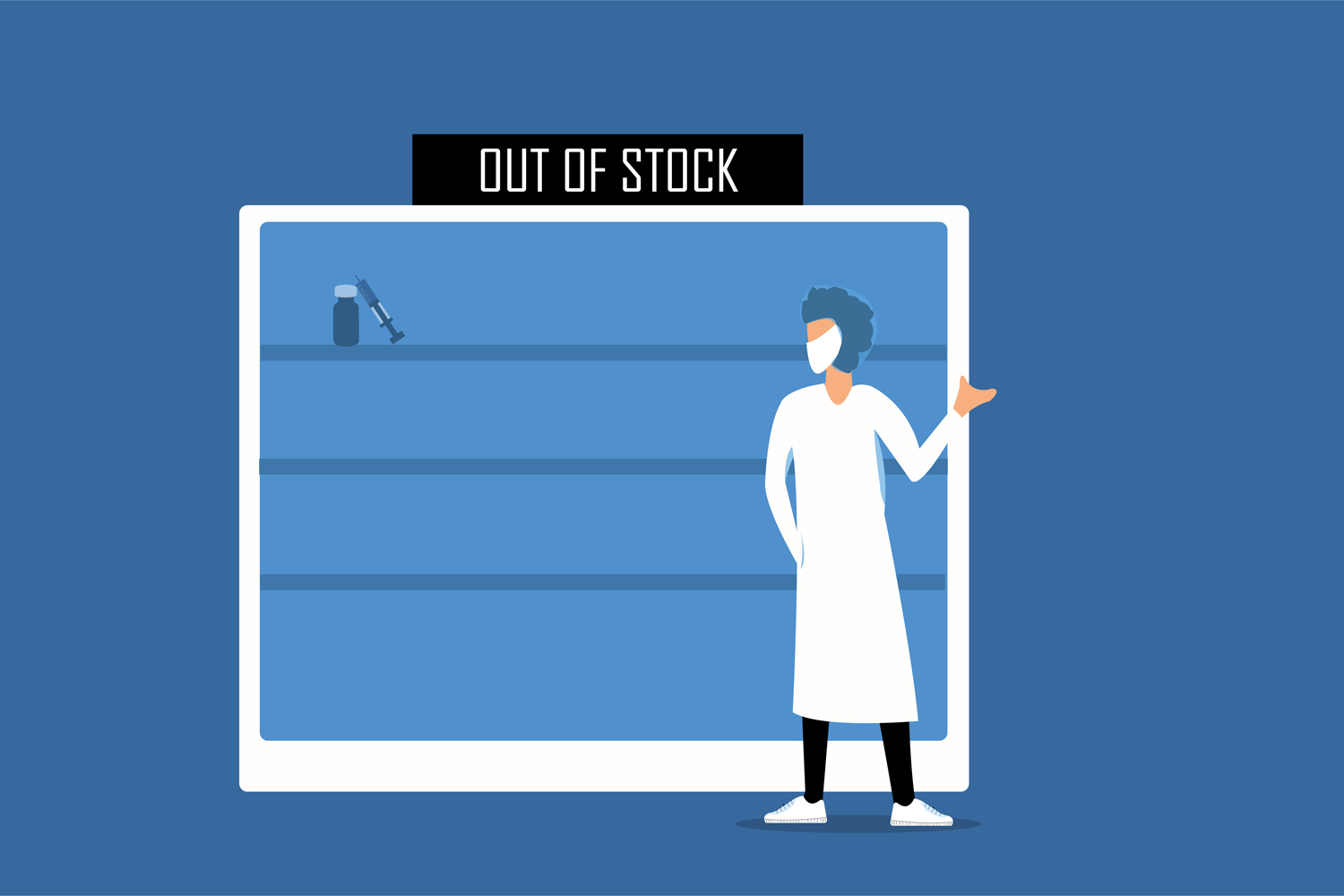Every week, the editors of Cancer Today magazine bring you the top news stories for cancer patients from around the internet. Stay up to date with the latest in cancer research and care by subscribing to our e-newsletter.
Cancer Drugs Among Hardest Hit by Shortages
About two dozen chemotherapy drugs used to treat a broad range of cancer types are on a list of drugs in short supply in the U.S., according to a story on CNN. Unlike many drugs on the list, there are often no good substitutes for unavailable cancer treatments. “One of the key predictors of how well a patient will respond to treatment is getting a full dose on the right schedule,” said Michael Ganio, senior director of pharmacy practice and quality at the American Society of Health-System Pharmacists (ASHP). “So when we can’t give the drug because we just can’t get the drug, that’s heartbreaking.” Data from the University of Utah Drug Information Service revealed a shortage of more than 300 drugs in the U.S. at the end of March, including nearly 50 new shortages in the first three months of 2023. Reasons given for the shortfalls include increased demand, manufacturing issues, and the structure of the drug marketplace in the U.S. “Shortages are still happening, and they’re not resolving, or they’re not resolving as quickly as new shortages are starting,” Ganio said. A list of current drug shortages can be found on the ASHP website.
Angiogenesis Inhibitors More Effective When Combined With Other Drugs
Angiogenesis inhibitors, drugs that treat cancer by cutting off the blood supply to tumors, have been available for decades. More recently, they have been effective in combination with drugs called immune checkpoint inhibitors that unleash the body’s immune system to attack tumors. A study presented at the Annual Meeting of the American Association for Cancer Research, which publishes Cancer Today, showed that Avastin (bevacizumab), an angiogenesis inhibitor, combined with the immune checkpoint inhibitor Tecentriq (atezolizumab) delayed cancer recurrence in patients with hepatocellular carcinoma (HCC), the most common type of liver cancer. If approved by the Food and Drug Administration, the two-drug treatment regimen will be the eighth such combination authorized in the past four years. Cancer typically recurs in HCC patients within two years after surgery or a heat treatment that destroys tumors, and currently there are no therapies available to prevent recurrence. Researchers say angiogenesis inhibitors combined with checkpoint drugs help the immune system’s T cells find their way deep into tumors to destroy them. “There’s a very clear rationale” for combining the drugs, said tumor immunologist Robert Kerbel of the University of Toronto in an article in Science.
Health Insurer to Require Authorization Before Many Colonoscopies
Gastroenterologists—doctors who specialize in diagnosing and treating disorders of the digestive tract—are expressing concerns about a change made by health insurer UnitedHealthcare requiring prior authorization from the company before it will cover surveillance and diagnostic colonoscopies. The change, which will take effect June 1, does not affect routine screening colonoscopies used to detect cancer in asymptomatic individuals who qualify for the test. Surveillance and diagnostic colonoscopies, used to investigate signs and symptoms of possible disease like abdominal pain and rectal bleeding, make up about half of the procedures gastroenterologists perform, according to a story in STAT. Physicians say requiring prior authorization will make it more difficult for patients to get colonoscopies and may lead to delays. UnitedHealthcare says prior authorization is usually completed within two days, a claim many physicians deny. “People with concerning symptoms for cancer, suddenly they may have to wait potentially weeks or months or longer for this to get approved. It may not even get approved,” said Folasade May, a gastroenterologist at the University of California, Los Angeles. A statement from UnitedHealthcare said, “Multiple clinical studies have shown significant overutilization or unnecessary use of non-screening gastroenterology endoscopy procedures which may expose our members to unnecessary medical risks and additional out of pocket costs.”
Cancer Today magazine is free to cancer patients, survivors and caregivers who live in the U.S. Subscribe here to receive four issues per year.





